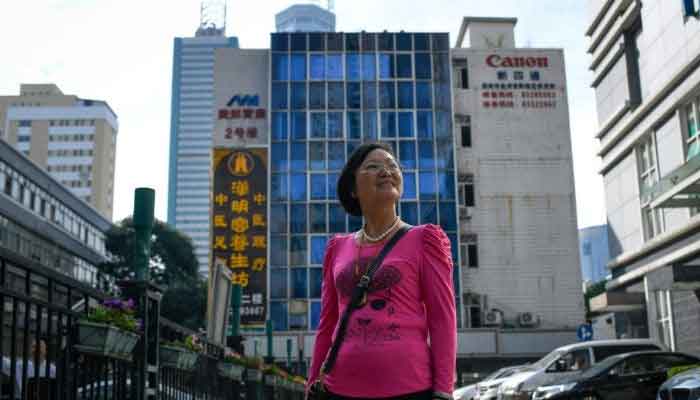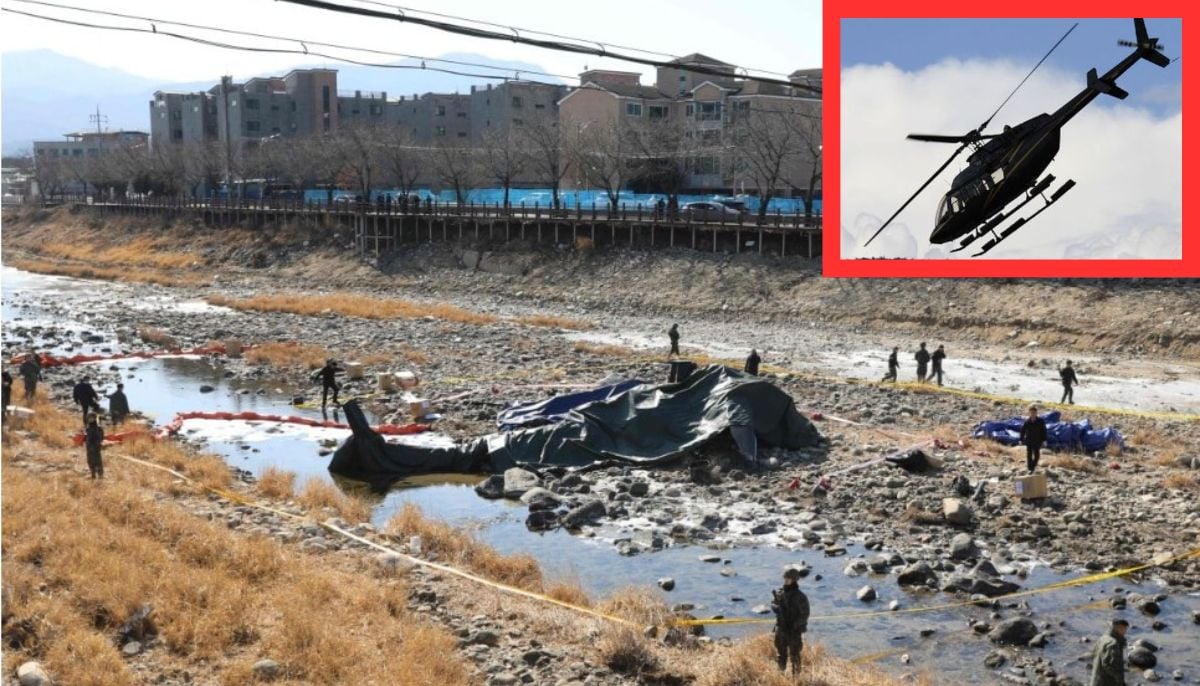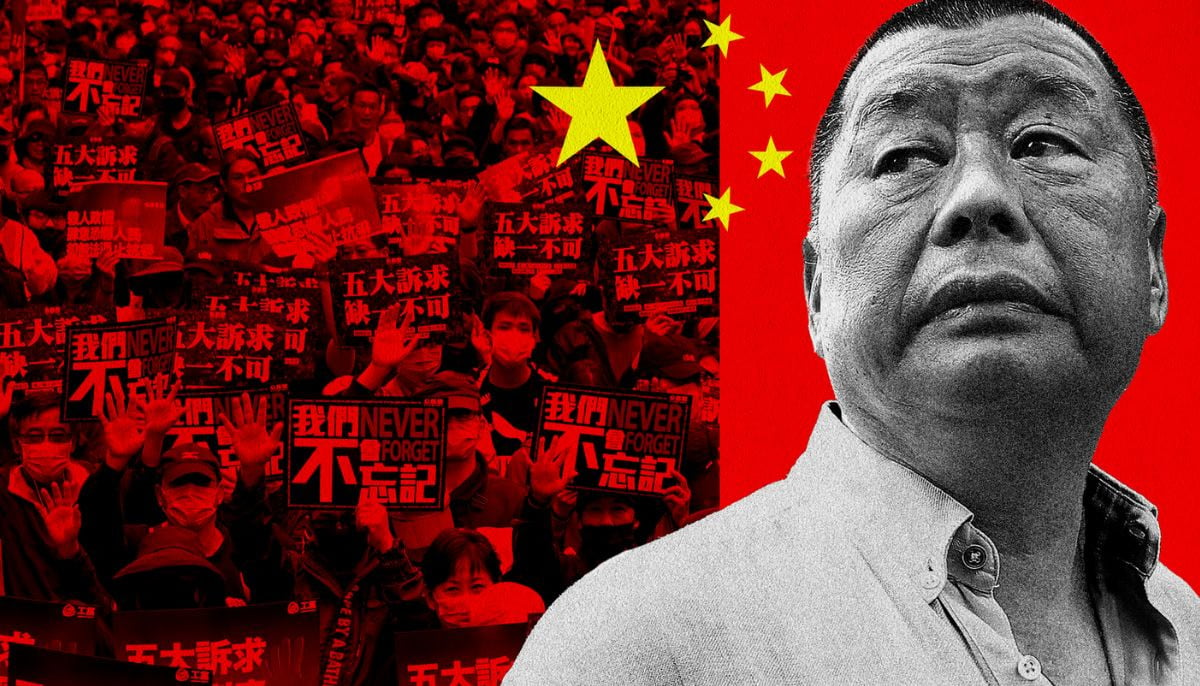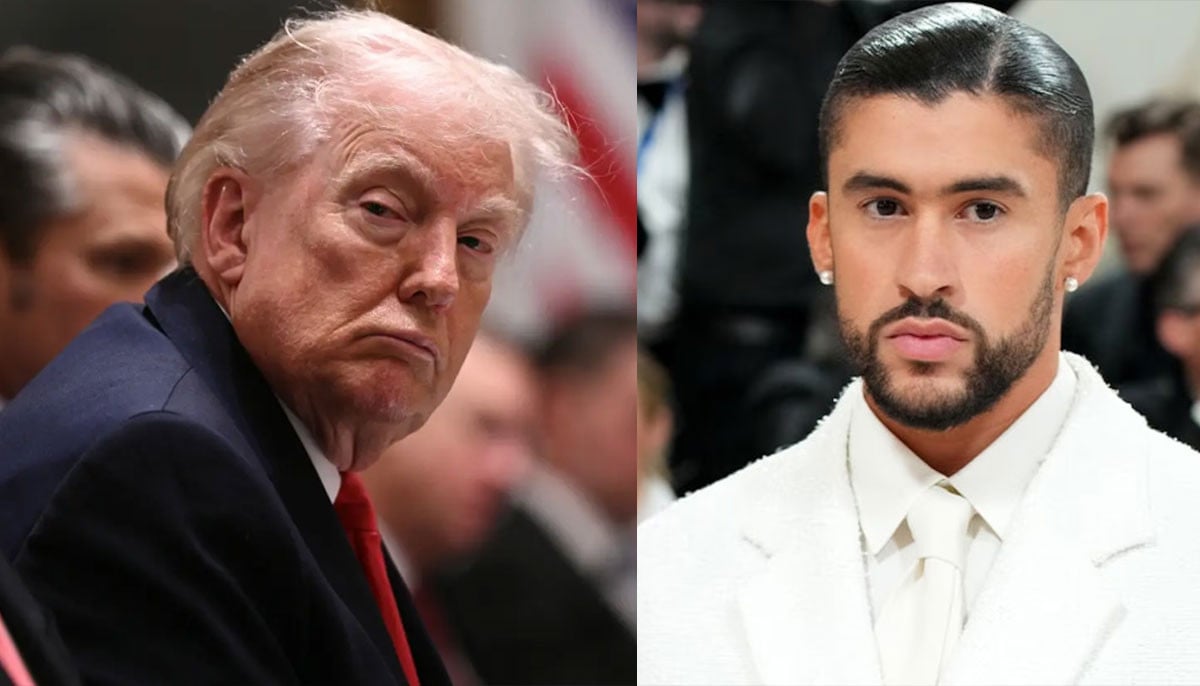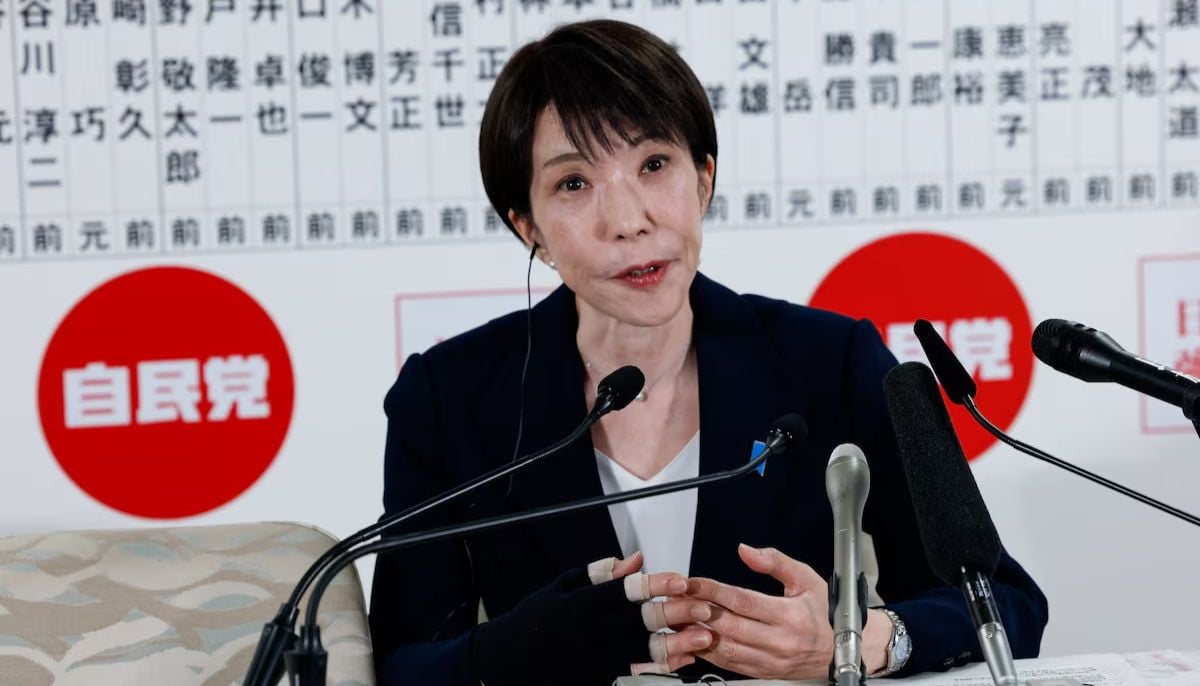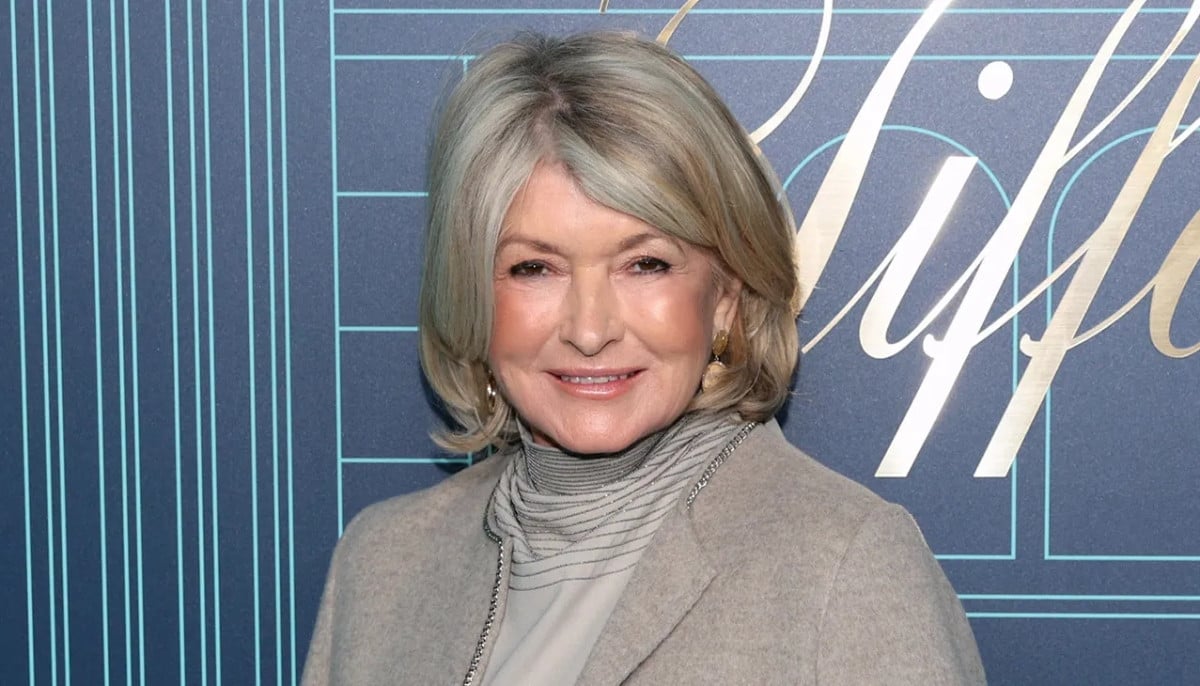40 years in the making: Five lives changed by China's reforms
For Chinese artists like Jin Shan, reform and opening stripped away Mao-era shackles on expression, allowing art to flourish -- to a point.
Beijing: China´s "reform and opening up" policy brought monumental changes to society in the world´s most populous country since its launch 40 years ago under late paramount leader Deng Xiaoping.
As China marks next week the anniversary of the momentous shift agreed at a Communist Party gathering on December 18, 1978, AFP interviewed five people whose experiences provide snippets into how the policy transformed lives.
These are their stories:
The factory worker
Ou Banlan, 52, is a retired garment factory worker in Shenzhen, a former southern fishing village that was the testing ground for the reforms and morphed into a major manufacturing and high-tech hub.
"My life is much better than that of my parents´ generation," said the diminutive woman with short black hair, standing in front of the factory where she once toiled.
She was born and raised in a village outside Shenzhen.
"Life was very tough. All of China was like this at the time. It was very poor. We had enough to eat, but just the bare minimum," Ou recalled.
"I always wanted to live in a city, so I came here when they began to look for workers in Shenzhen."
At first life wasn´t easy for her in her new town, which was established as a special economic zone in 1980.
"I was just a working girl, I ate cafeteria food and lived in dormitories... The environment at that time was a bit chaotic, dirty," she said, remembering that there were fewer skyscrapers back then.
But in the past four decades, China´s gross domestic product soared to transform the country into the world´s second biggest economy, lifting hundreds of millions out of poverty.
"After a few years of work, I had my own house, I could do my own hobbies, I could go travel," Ou said. "I had spare time to go to the restaurant or go shopping, or travel. Before, I couldn´t even imagine that."
Men can usually retire at age 60 in China. Women at age 55. Factory workers five years earlier than that.
"In the last 40 years, quality of life for normal people has changed," she said, "but the protection of the rights of the low-end population still faces a lot of problems."
The investor
Born not long after the reforms kicked off, Zhao Chen is now 34 years old and on top of the world.
He holds court from an office building smack in the middle of China´s tech corridor in the capital of what has become the world´s second biggest economy.
Beyond his desk are floors of entrepreneurs his firm has funded, tapping away at code for artificial intelligence, autonomous delivery robots, smart appliances, and other projects.
As a child in 1980s Beijing, Zhao imagined he would someday enter a state-owned company or the bloated government bureaucracy, following in the footsteps of his parents.
Instead he benefited from the transformative reforms under way, allowing him to join a wave of young Chinese going abroad for education: he earned a master´s degree in computer science and an MBA from top American universities.
After eight years in California, he returned to China to build Plug and Play, an investment firm and incubator for early stage tech startups.
"Top reason was family, second was opportunities. The market opportunities are here in China," Zhao said, describing the pace as way faster than in Silicon Valley.
"In China people are very hungry for success and very eager to work hard," Zhao said, with many people working the "9-9-6": toiling from 9:00 am to 9:00 pm six days a week.
Zhao´s firm helps budding companies grow, providing them the money, time, space, advice and services to expand.
It would be a foreign idea in China pre-Deng, he acknowledges.
His parents have gone from making purchases with food coupons to scanning QR codes with their smartphones or buying via e-commerce platforms.
"We didn´t have too many options in terms of food, vacations, holidays, global travel, e-commerce and delivery services like we have nowadays," he said.
"We´re the beneficiaries of China´s reforms."
The artist
For Chinese artists like Jin Shan, reform and opening stripped away Mao-era shackles on expression, allowing art to flourish -- to a point.
"We went from not having enough to eat, to having enough to eat and having the freedom to do and think many things," said Jin, 41, a prominent Shanghai-based mixed-media artist who has exhibited internationally.
"There is more freedom to create."
Mao famously declared that art exists for the masses, and in his day that meant works glorifying Communism.
Jin´s father, also an artist, painted propaganda posters and stage backgrounds for plays that promoted officially-approved values.
But reform has loosened those bonds, opening the door to outside artistic influences and allowing imaginations to run free again.
"The charm of art lies in imagination. Without that, you can´t create good art," said Jin, whose thick-framed glasses rest under an unkept mop of black hair.
China is now one of the world´s biggest art markets, with works selling for millions and stars made out of contemporary artists like Yue Minjun, Zhang Xiaogang and Ai Weiwei.
Jin´s signature pieces are humanoid sculptures of plastic, foam, and wire depicting figures stripped of their flesh and twisted beyond recognition by unseen forces, which he says are inspired by the fragmentation and disruption of the digital age.
His materials feel "dirty", he said.
"I feel like that overlaps with how we feel about life now."
Jin has previously described his work as representing the "many absurd, terrible and amazing stories" that emerge daily in fast-changing China.
Art that is overtly political or may offend the Communist Party remains taboo, however, and authorities occasionally close exhibits.
"I don´t make political figures, so there isn´t much restriction on content for me. There is a certain level of freedom. But it´s troublesome if you do the sensitive things."
The sex blogger
For Yi Heng, the advent of the internet was a godsend.
The 29-year-old, who goes by the alias "Queen C-Cup", is a prolific columnist and online consultant on a byproduct of the transformative reforms -- a new openness to talk about sex.
She fields a wide range of doubts and concerns from Chinese netizens: fears of sex addiction, anguish over a cheating lover, the frustrations of a sexless marriage.
On Weibo, China´s Twitter-like platform, some questions cost more than $20, others less than a dollar.
The Queen is a 1980s child, born during the wave of breakneck economic development from the reforms.
But even as China´s private sector raced ahead, awareness and education on sex remained stagnant.
Teachers simply "skipped over" sex education, said Yi, while parents talked around the subject, unless it was about puberty, health, or the importance of modesty.
But the internet changed everything. In university, Yi delved into overseas sex education websites, at a time when China´s cyberspace had not yet been walled off by the censorship apparatus.
It felt like "floating by different islands," she exclaimed, describing an almost giddy sense of discovery.
Though many foreign websites, like Google, are now blocked, China´s own internet companies have flourished and curiosity about sex is driving demand for services like Yi´s.
But online censorship has increased in recent months.
And while people have more discussions about sex, conservative views on female sexuality persist.
Women in China lack power, she said, "while men have too much".
The dissident
Wu´er Kaixi was 21 and one of the student leaders among the protesters who occupied Tiananmen Square in 1989 to demand democratic reforms.
Wu´er gained prominence as a hunger striker who stunningly rebuked then Chinese premier Li Peng on national television.
But their pleas ended with the June 4 military crackdown.
Meanwhile, the Chinese Communist Party remains firmly in control under President Xi Jinping, China´s most powerful leader since Mao Zedong, and civil liberties have been further tightened in recent years.
"Political reform has to happen from the grassroots" in cooperation with "the people at the top", he said.
The West hoped economic development would lead to democracy, but Wu´er sees this as "wishful thinking and the Western world´s naivety".
-
Blac Chyna reveals her new approach to love, healing after recent heartbreak
-
Melissa Jon Hart explains rare reason behind not revisting old roles
-
Japan elects Takaichi as first woman Prime Minister after sweeping vote
-
'We were deceived': Noam Chomsky's wife regrets Epstein association
-
Martha Stewart on surviving rigorous times amid upcoming memoir release
-
18-month old on life-saving medication returned to ICE detention
-
Cardi B says THIS about Bad Bunny's Grammy statement
-
Chicago child, 8, dead after 'months of abuse, starvation', two arrested
